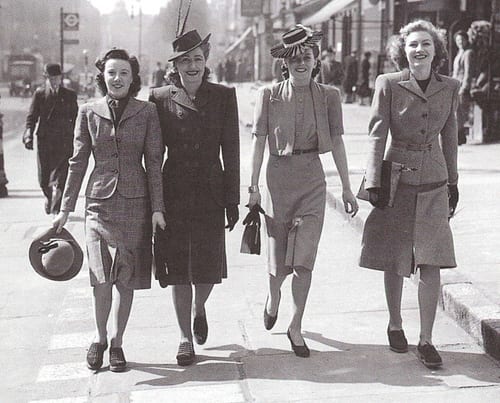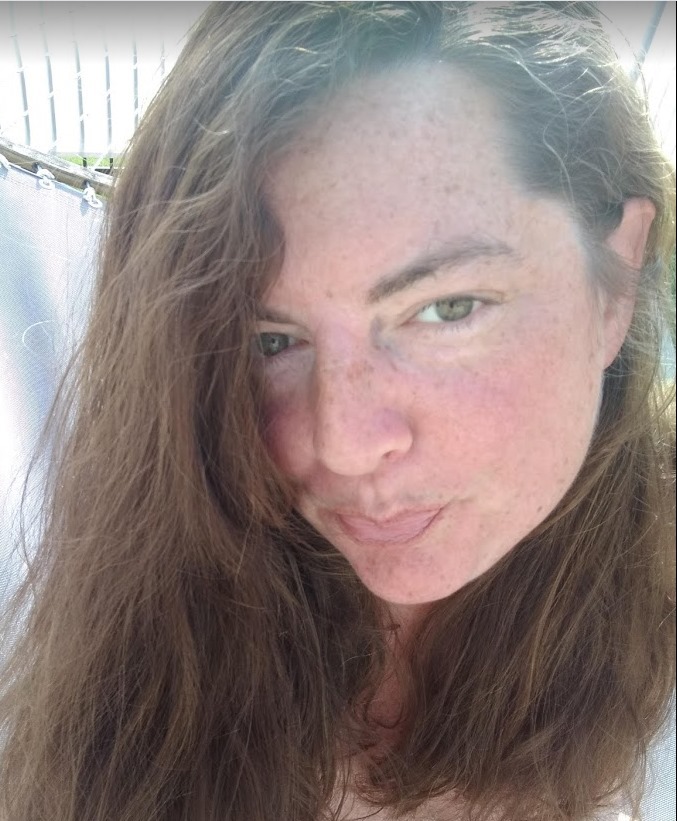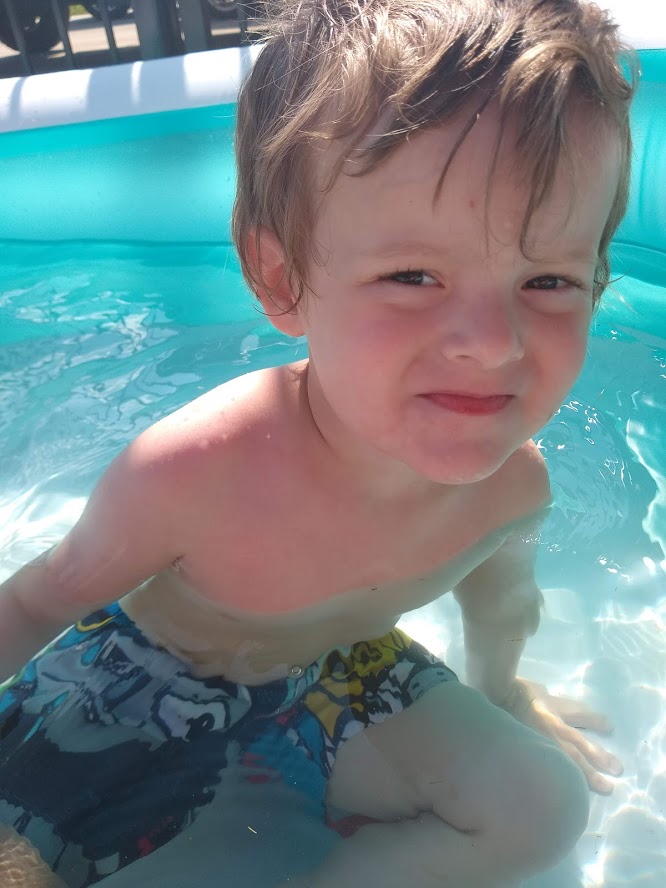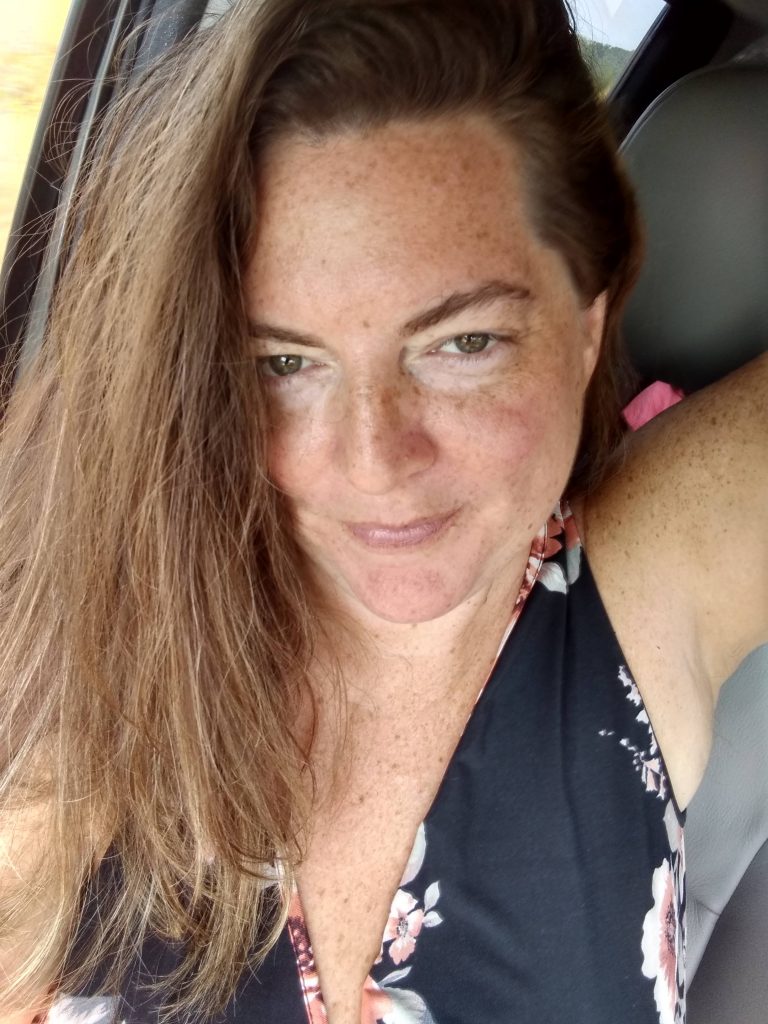I’m going to be blunt. I think Western science is off. Way off. I’ll drill in with some details, but let’s look around us. Are we teeming with health and vitality? Compared to even people from the 1940s–who suffered a Depression and worlds wars–how are we doing in the health and joy department? I’m not trying to ride people here. But it’s hard to say we are thriving as a people. We live long–yes. But what is the quality in these years? Are we able to truly pursue our passions and joys? Are we able to spend the kind of quality time we want with our children? Or are we harried in our schedules? Are we comfortable in our own bodies? Do we feel mostly joy throughout the day–or pain?

I’ve long had an issue with Western science. It’s hard to pin down in a few words what my issue is. It’s just so … mechanical. It’s very broken down into pills, drugs, chemicals, and processes in the body. There is a life force in the body that it denies. If we hurt our back, we are told do do three sets of twelve of ten different exercises. We do each exercise for thirty seconds at a time, three times a week. I have found, as a counter, that something like belly dancing is far superior to these timed repetitions. It’s the same exercises. But it’s fun. And I am way more likely to dance than commit to a half hour of structured exercise. This is what I am getting at. This rigid “science” versus the healing force of dance.

I think perhaps one of my biggest issues with science is its insistent on “numbers.” Literally you can read this in any book touting “science.” I just read one on nutrition’s role in brain health. The author directly says, “In fact, the beauty of science should be strength in numbers.” Ok. Let me stop you right there.
The fact is if you are using human knowledge–what science tries to refine–there is one and only one person whose truth matters: yours. Let’s take this issue of Alzheimer’s. What of “numbers”? Let’s say there is a rich amount of research–thousands of research subjects–but none of them are like you. Let’s say all research subjects were men, and you are a woman. Or they all have X biochemistry and you have Y. Do any of these research subjects have your unique background? Do they have your genetic composition, the same traumas you have faced as a person, the same surgeries? As I venture various health practices, I have to balance them constantly with the past traumas and surgeries I’ve had. I’ve had endometriosis and had surgery for it. How will this affect me if I choose to practice intermittent fasting? Is any research done on this? The fact is: hardly at all. I have to experiment and listen to my body as I weigh pelvic pain versus fasting. But you can easily find books touting the benefits of fasting, with many “clinical studies,” promising you may even be able to continue working in a fasted state–typically all using examples of male doctors and how well they did with it. In other words, the ones who wrote the books. Who are convinced they have “power in numbers.”
Let’s use the example of Alzheimer’s. The very book that says science should find its strength in numbers says that the hope for an Alzheimer’s patient is very minimal. Once the disease sets in, it is unlikely to be reversed. So, we have lots of studies. Lots of numbers. And little result. Perhaps some studies that proved promising, with lots of numbers. But these studies turned out to be flawed. So, we’re back to where we started.
What if just one person reversed Alzheimer’s? Would you be interested in their story? Would you put them in a study with 11 others employing one particular cure as against 12 others with another cure and analyze the statistical significance between the two? Or would want to know everything about this one successful person? Every single detail–their whole story–and what they accredit with their success?
I have endometriosis. It was so advanced I’ll likely never get rid of it, ever. But I do manage it well. I had surgery for it. (I regret this surgery and all other surgeries I’ve ever had.) Before surgery, they weren’t sure I even had it, as I had a high egg count. After, they told me, “Well you’re not the worst case we’ve ever seen.” So, that’s how well “science” is functioning right now: they weren’t even sure I had it through their testing. And yet upon inspection, I was about second to the worst case the surgeon had ever seen. And yet I managed to have 3 children. And today, despite having an advanced case of the disease, I don’t suffer much pain. One thing I strongly credit is I do perineum sunning. I sunbathe–nude. Routinely, I am told I am an air-headed all but slut for doing this. I get told there “is no science” in it. Why would the sun on that area do any good at all? It’s just the sun. It just makes you feel good. I only have results–despite the thousands upon thousands of women who do not.

You could get ever growing studies and studies and studies, bringing in every type of person imaginable. As you put them into matrices and categorization, you slice up more and more people into the appropriate categories. And, as we get bigger and bigger sample sizes, truly it comes back to the one person that matters: you. I’m not sure most scientists ever bother with all of these details, however. It’s just “12 people in Group A and a different 12 people in Group B.” This is way too glossed over.
I do child development research. One of the things I insist on when doing this research is that the children be in a non-punitive home. I study when children “act out” due to their natural stages. If parents are punitive or unresponsive to children, children “act out” seemingly all the time. You’ll conclude that there is no rhyme or reason to it. When I read through the “Your [X]-Year-Old” books by Dr. Ames, I see again the same “we surveyed thousands of families.” And yet they made no differentiation in parenting styles. Therefore they concluded it was normal, even humorous, that a six year old screams, “I HATE YOU!” at her parents, after, as was explicitly described, they insulted the girl. This isn’t normal child behavior. This is a desperate plea and a natural reaction to parents being unloving. These thousands upon thousands of surveys don’t matter if they capture only a portion of child development or study children who have been put through trauma. And most children are put through constant trauma, through authoritarian parenting.
As I do child development work, I study indeed mainly my three children. Some mothers send me their notes, and I fold them in. These notes typically cause me to get clearer in my descriptions of the behavior I am describing or force me to look just a bit harder at some of the milestones I otherwise didn’t give enough due to. But, yes, I study mainly my three children. My sample size is only three. And yet I have tens of thousands of users to my website every month, using my work to help keep track of their child’s development. I’ve captured something. I consider myself to be a painter. I am painting the picture of child development. ALL of the details. Using children who are well loved. Better yet, I consider myself to be a storyteller. Every single bullet of every single milestone on my page is a story. Some incident happened that caused me to write it down. My work really is story after story after story.

Before “science,” stories were our source of knowledge. Children listened to stories with life wisdom around campfires. When you tell a story, the person listening easily picks up on what parts apply to them and what don’t. A story of how a woman successfully resolved endometriosis would be received well by interested ears. My most popular feature on my Observant Mom page are my stories. Stories are medicine. And they have transformative power. At no point in my story am I lecturing anyone. I am not saying, “You have to do this in order to resolve this.” I am giving my situation, with as many details as I found relevant to the story, and the successful resolution.
Dr. Estes tells story after story of ancient women in her now classic Women Who Run with the Wolves. When you read stories of women cast off or denied their inner joy and how it affected them, you easily relate it to yourself. Or of how predatory men affected you as a woman. It speaks to you on a deep level. Being validated like this itself has healing power. Knowing who you are, your essence, has been in the world before–that it belongs–is healing. There is something about it. You’re not alone. You have a strength. You are grossly misunderstood. You should shine.
I’ve gone on a long journey in my health, from young perfectly healthy girl to severely trauma inflicted to a rather centered, patient adult. I have countless notes at this point from people who tell me I help them on their parenting journey. Some tell me I helped them along their road of recovery from their own trauma. Others have told me I helped them grow up as a parent. I think the path to becoming a parent is a natural and joyful one, if one hasn’t endured trauma. But if so, people sometimes become “collapsed.” I very much know, at this point, that what I am doing in many cases is reviving that collapsed mother. I wouldn’t be able to do this unless I went through it myself. My healing didn’t come from chiropractic visits, surgeries, or diligent physical exercise. There was something much more emotional to it than that–yet also physical. It’s hard to explain. There is something inside you that has to know it’s right for the world. And you have to know how to calm yourself down emotionally. And that life really is meant to be succulent. Whenever something bad happens to me, I remind myself that joy is not an achievement. It is the natural state. And yes that life force in you needs to be honored. I write about my journey here: How Belly Dancing Cured my Endometriosis, Gallbladder Issue, and Lower Back Pain. I similarly write about this, happiness and that life should be succulent by default, in my book, Towards Liberalism.
I’m just kind of over “science” and “numbers.” They attempt to take in the vastness of the human race while glossing over many of the details. Stories, on the other hand, have those details. The story itself has a beginning, middle, and end: a problem and how it was solved. This in and of itself is healing. And, more, the actual experience of telling and hearing the story is healing. You are seen and heard. Modern “science” admonishes most of this. It admonishes ancient wisdom and emotional well-being. It even seeks to take it out of science. Research subjects are given a placebo, because it’s well-known that thinking you are getting better causes you to get better. Instead of leaning into the clear benefits of hope, scientists try to isolate this variable out as mere noise. We’re reduced to a nearly dead mechanical composition of tissue, blood, and hormones. There is a life force there that we deny. It’s the one that comes alive when it’s seen and heard, when it’s loved, when it has a few emotional calming tools, when it has hope, and when it shimmies like no other.
If “science” were producing better results, I’d back off. Cancer, diabetes, etc., weren’t really a thing until after The Civil War. We are used to it, so I don’t think we see that how aged we get at such young ages isn’t really the way it’s meant to be. And more of this science is just producing…. well. Not terribly good results. And everything I read in books on science is that all this science keeps coming back to some already known truths: what we eat is important, joy is important, and how we are raised matters.
It’s true, I “just” have 3 research subjects. It’s true I “just” use the sun to heal my pelvic pain. I “just” believe in emotional health. I “just” tell stories. But until science starts producing something better, you can have your “numbers.” I’ll keep my results.

